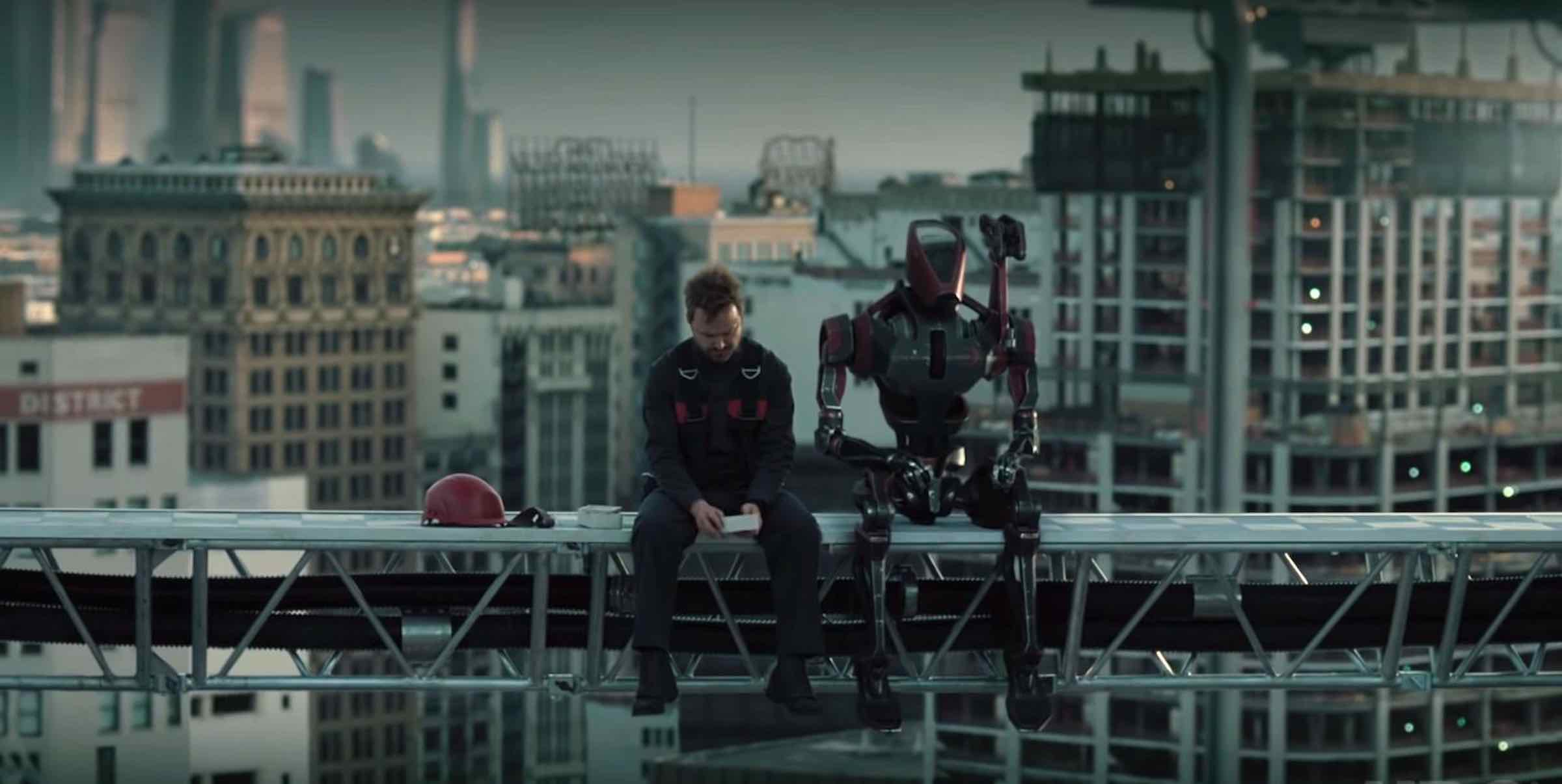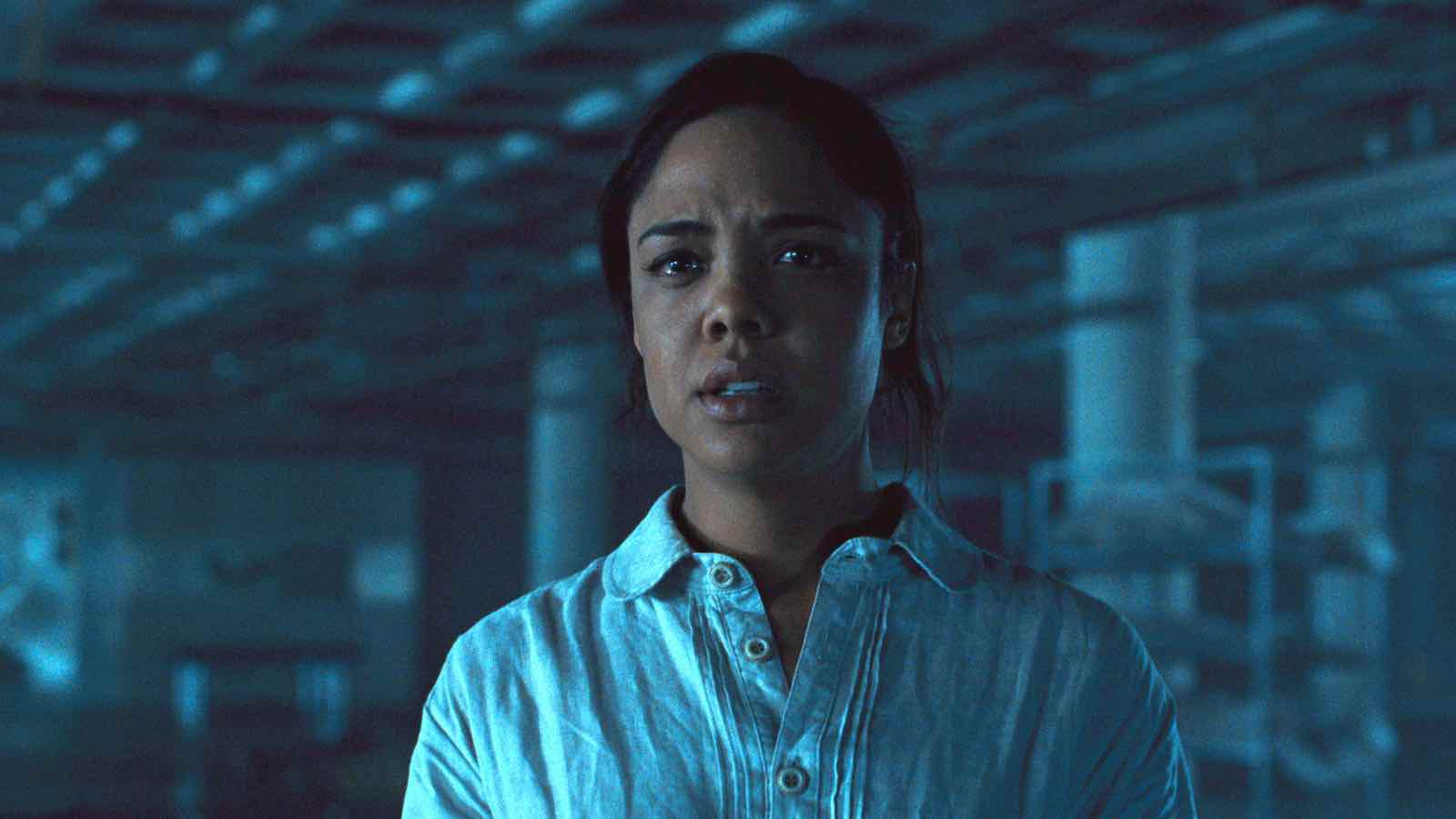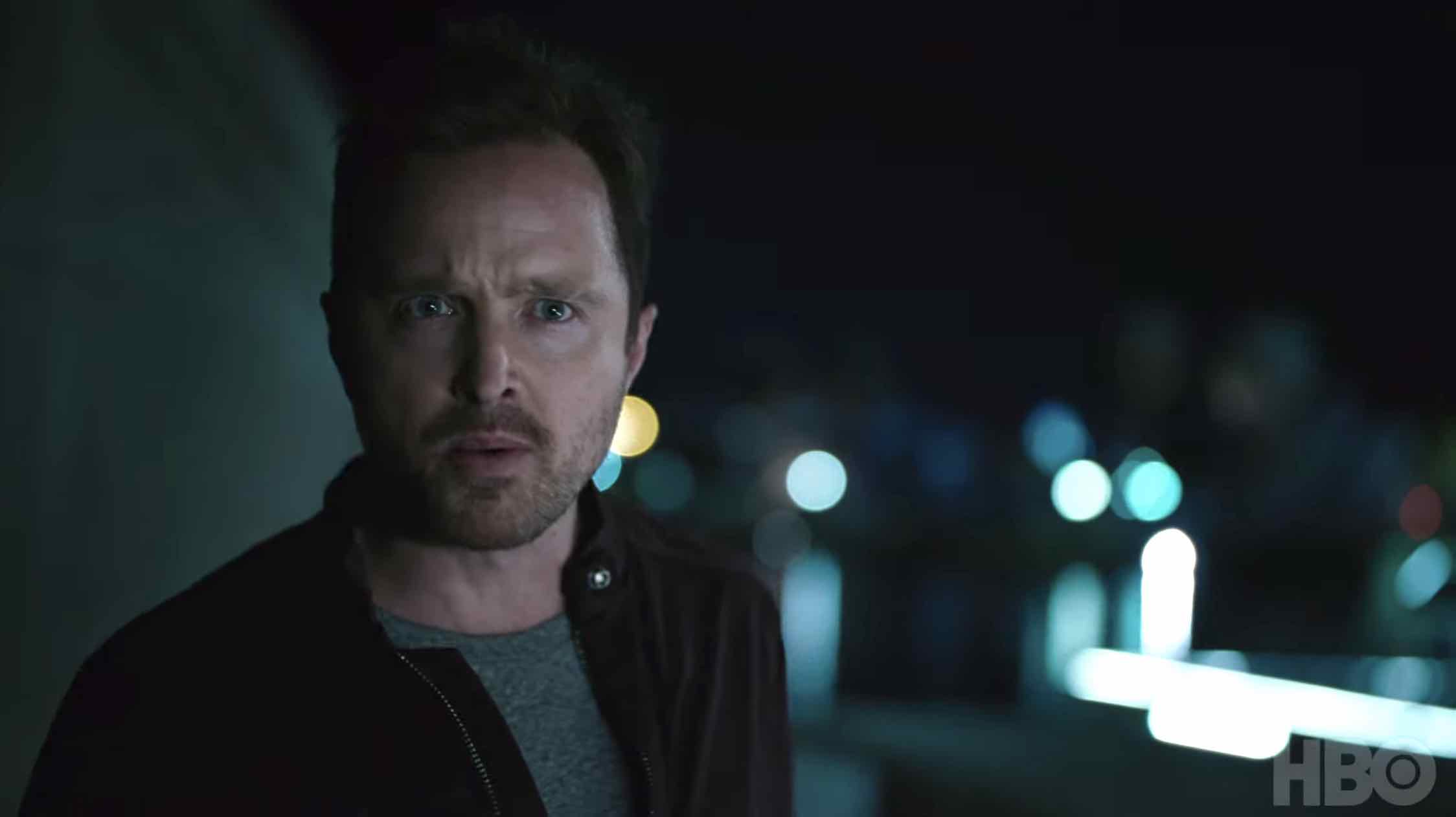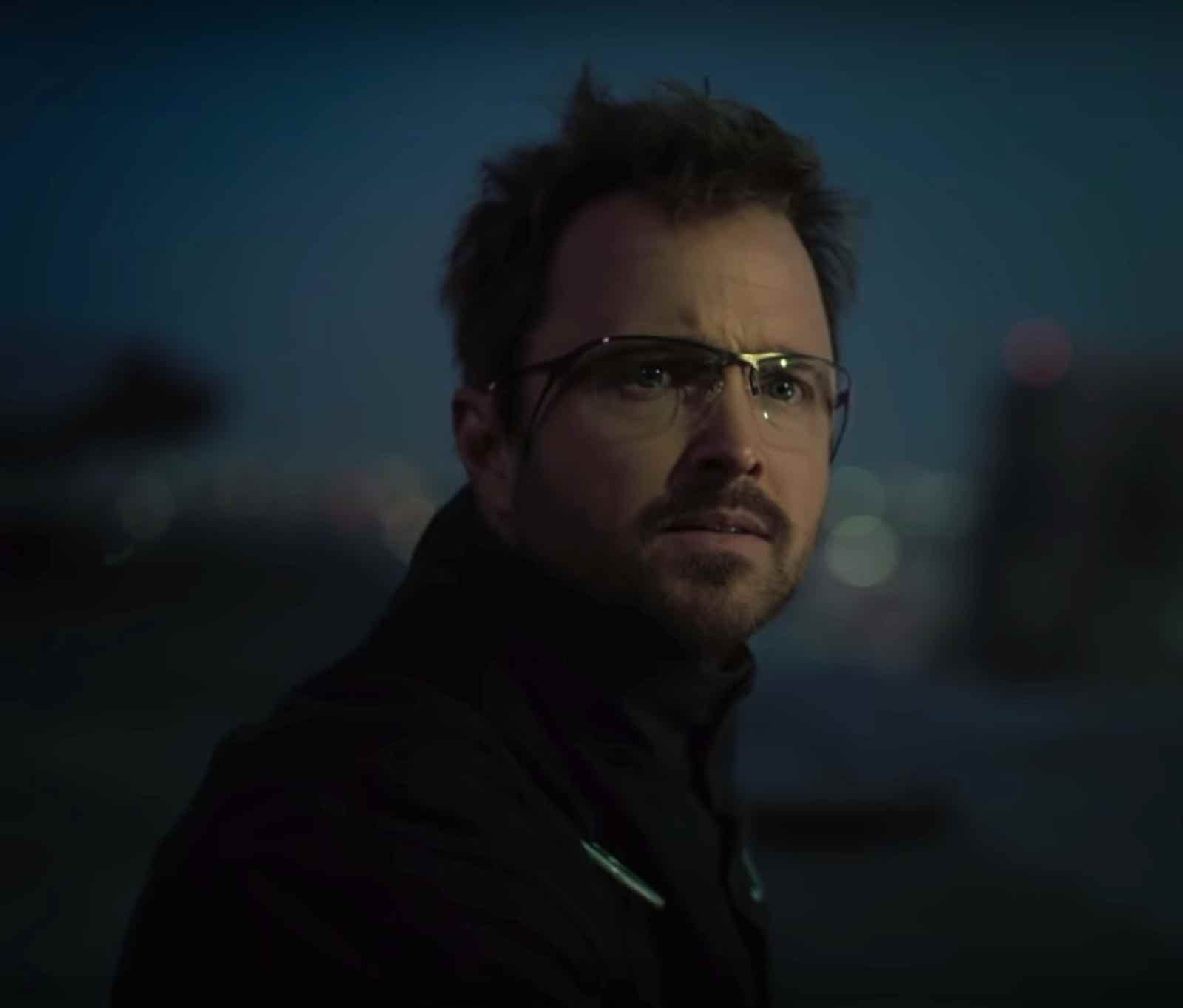
All the ways ‘Westworld’ season 3 could jump the shark
Westworld is not considered easy to follow. Over the past two seasons, the show’s writers have tied themselves into so many plotline knots that we’re beginning to wonder if even showrunner Lisa Joy knows WTF is going on.
That’s why we were delighted to hear via Entertainment Weekly that, according to Lord and Lady Delos themselves – or husband and wife Jonathan Nolan and Lisa Joy, as we otherwise know them – season three of the sci-fi thriller will have less nonlinear storytelling mystery and more host-vs.-humans action.

But we don’t exactly trust the Westworld narrative team to make good on their promises. In fact, a mere two days later at SDCC, HBO unveiled a new trailer for S3 that left us all scratching our heads (again). So did Lisa and Jonathan simply troll us then they said Westworld S3 will be a “little less of a guessing game and more of an experience”? Check out the crazy new trailer and let us know.
Just in case they trip up in the writers room again and fall down a plothole, here are all the reasons why Westworld was fast just about to jump the shark in S2.

—
Days after the season two finale of HBO’s prestige sci-fi saga Westworld, YouTube was awash with fan videos attempting to dissect and explain just WTF happened during its final flourish. After all, “The Passenger” was more or less an exercise in how much death, action, and on-the-nose plot explaining (plexplaining?) can be shoved into a 90-minute episode.
Let it be known that when the first season of Lisa Joy & Jonathan Nolan’s Westworld hit our screens back in 2016, we were blown away with its impressive level of quality that honored the source material.

Based on the 1973 movie of the same name, the sci-fi western hybrid demanded both close attention and thoughtful analysis through its transmission of major revelations that offered plenty of philosophical conundrums about what makes us human. The first half delicately walked the line with its storytelling, as we were introduced to Sweetwater, Delos Incorporated, and the hosts and humans who made up these realms.
However, as the plot grew increasingly convoluted, Westworld has turned into a victim of its own storytelling. This was made most clear in the S2 finale, in which some of the most major of questions were either ignored – or answered clumsily. But as we continue to ponder the many revelations of the final episode, the biggest question of all remains: has Westworld jumped the shark?
Spoilers ahead. Enter at your own peril!

Westworld has lost its ability to shock
The show has shot itself in the foot (and just about everywhere else you could think of) with its immortality conundrum. Yes, it was the direction Westworld was headed and gave meaning and depth to the motives of Delos, as the humans desired the hosts’ immortality.
However, through its exploration of this plot point, death has become meaningless. The S2 finale saw Bernard (Jeffrey Wright) die for a third time when Dolores — who was inhabiting a copy of Charlotte Hale’s body (Tessa Thompson) — ends his life so that she can bring him back again in the real world. This is after he was killed twice in S1 – once by suicide (ordered by Ford) and a second time when Arnold orders Dolores (Evan Rachel Wood) to do the deed.

But Bernard is just one figure on the body count in the finale, which was added to with mainstays Maeve (Thandie Newton), Clementine (Angela Sarafyan), Lee (Simon Quarterman), Hector Escaton (Rodrigo Santoro) and his gang, Elsie (Shannon Woodward), and Ford (Anthony Hopkins). Not the real one, of course, but the one who’d been inhabiting Bernard.
Though characters dying and returning is an accepted part of any storyline that features immortality, Westworld’s second season was sloppy with its use of the trope, reaching new lows with its superfluous death toll during the finale. As IndieWire pointed out, even with their heroic and horrific ends, there’s a nagging sense they could come back and no doubt will when an inevitable season three rolls around.
After all, Teddy (James Marsden) killed himself in last week’s episode instead of helping Dolores, only to then turn up in the “grass is greener” Valley Beyond, waiting like a good little cowboy for season three to start. “They’ve (the viewers) been taught not to trust the narrative’s most dramatic twists, and that’s sucking the emotional stakes from the series.”

Who’s running the show?
Another question raised by IndieWire was, “Are Jonathan Nolan and Lisa Joy running the show, or is Reddit?” From the get-go, Westworld has occupied itself with cryptic clues and symbols that left us as viewers with questions that plagued our minds long after the credits had rolled.
Where does the maze lead us? What are the hidden meanings in the piano covers? Was that symbol in the Delos bunker the same as the one in Grace’s (Katja Herbers) journal? As a result of its rich and complex storytelling, the Westworld fandom start throwing out theories pretty much as soon as the first episode had aired.
Everyone who watched the show was in on it – even us! – to the point where a fake news story circulated claiming Nolan & Joy were planning to give away all the big spoilers before the second season began. Although this turned out to be a prank, it spoke volumes about what Westworld had become.

The strength of the fan theories were evident in S2’s befuddling storyline, which appeared to be attempting to outdo its audience. After all, those fuckers had already figured out immortality was the purpose of Delos long before S2 had even started.
“The entire season felt more like a treasure hunt than a television show,” wrote Wired. Truths were held back to try and pump twists and shocks into the plot, like why the The Man in Black suddenly wanted to destroy the park and what Bernard’s purpose was all along. “Season 2 felt so overprotective about what’s coming next it spoiled the fun of what’s happening right now,” added IndieWire.
“It was so determined to outsmart its audience it forgot to entertain them, and whether that desire manifested in repeatedly killing off characters or crafting an ongoing story so intricate it was difficult to tap into, the latest incarnation of Westworld is as cold as a host body still stuck in storage.”

The writing suffered as a result. Anyone who watched the finale will have noticed the long moments of exposition which, let’s face it, were needed to explain to viewers what the heck was actually happening. But it felt forced, particularly Bernard’s monologue at the end where he speaks to Ford, who’s not actually Ford but just a figment of his imagination.
Not only was it contrived, but it was also revealed that Hopkin’s imaginary reincarnation was basically just there so Bernard had a sounding board to feed the viewers streams of information on plot points they’d otherwise have missed while spewing on-the-nose lines like, “It wasn’t your voice, it was mine all along.” Oh, thanks for clearing that up for us Bernie boy!

The unbearable weight of being
Westworld is of course not without its merits – there’s no arguing it’s a gorgeous one to look at and features exceptional performances from its core cast. It also does well to highlight and explore several fundamental questions on humanity. But unlike S1, it was no longer walking the line – it had slipped and fallen into an abyss of confusion.
With the finale leaving so many questions open ended (who’s inhabiting Charlotte’s body now?), season three is likely in the cards. As Wire suggested, perhaps the writers might do the show a favor by injecting some humor into the mix.
“Injecting humor can’t solve the show’s basic storytelling issues, but as long as the series refuses to acknowledge the role that laughter plays in processing reality, the hosts will be stuck on their character plateau — and viewers will be stuck with an overserious show that never lightens the mood.”

But more importantly, season three has a chance to give back meaning to its twists and depth to the lives of its characters. There’s hope in this beast yet if the writers are able to open up a new avenue that has purpose and not give in to the power of fan-led storytelling. Or else Westworld is at risk of turning from a violent delight into a violent end.



